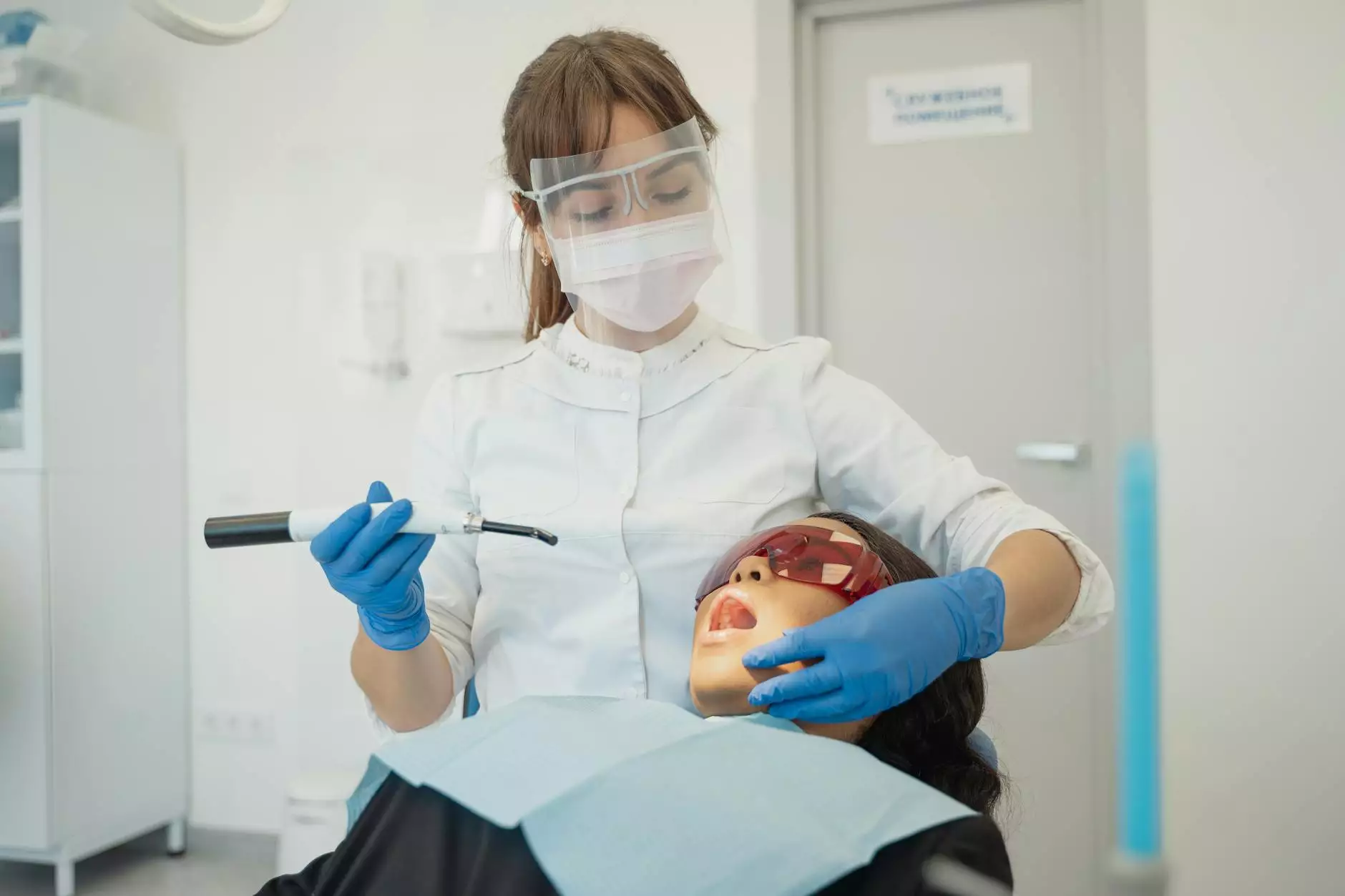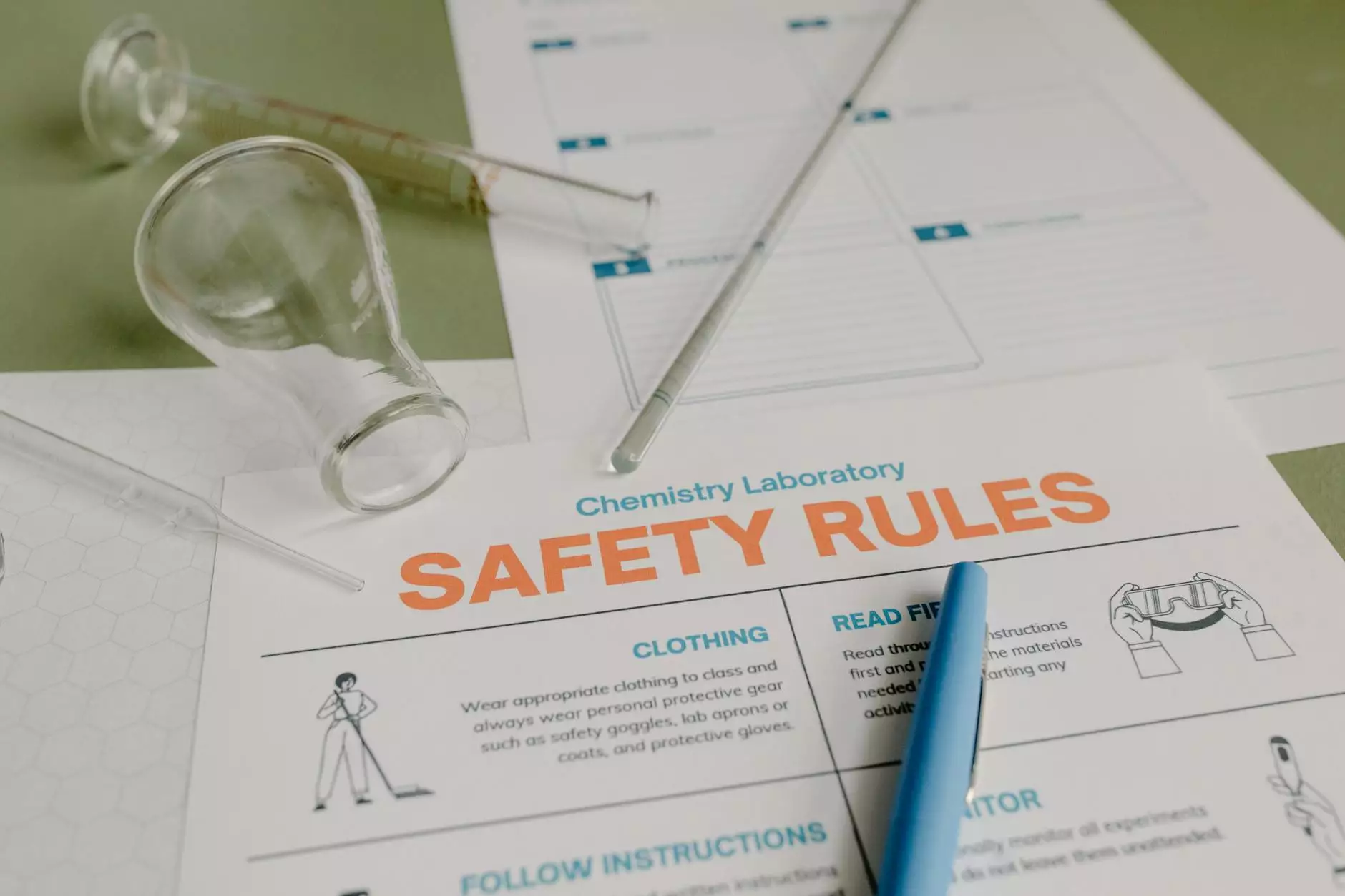Stomach Rash: Pictures, Causes, When to See a Doctor
Services
The Importance of Stomach Rash Awareness
As a leading healthcare professional in the field of dermatology, Benjamin Shettell, MD understands the significance of providing valuable information about common skin conditions such as stomach rash. This comprehensive guide aims to educate and inform individuals about the causes, symptoms, and potential treatment options available for stomach rash. Whether you are looking for answers or seeking further knowledge, you have come to the right place.
Understanding Stomach Rash
Stomach rash refers to any skin irritation or inflammation that affects the abdominal area. It can manifest in various forms, ranging from mild redness and itching to more severe symptoms such as blisters or peeling skin. Stomach rash can occur due to a multitude of factors, including allergic reactions, infections, autoimmune disorders, and skin irritants.
Common Causes of Stomach Rash
There are several common causes of stomach rash that individuals should be aware of:
- Allergies: Allergic reactions to certain foods, medications, or substances like latex can result in stomach rash.
- Infections: Bacterial, viral, or fungal infections can lead to the development of stomach rash. Conditions such as ringworm, shingles, or impetigo may cause rashes to appear.
- Autoimmune Disorders: Autoimmune disorders like psoriasis or lupus can trigger chronic stomach rash due to the body's immune system attacking healthy skin cells.
- Skin Irritants: Exposure to harsh chemicals, detergents, or fabrics can cause stomach rash, especially in individuals with sensitive skin.
Symptoms and Presentation
The symptoms associated with stomach rash can vary depending on the underlying cause. Common signs of stomach rash include:
- Redness and Inflammation: The affected area may appear reddened, swollen, or inflamed.
- Itching and Irritation: Stomach rash often causes intense itching, which can lead to scratching and further aggravation of the skin.
- Blisters or Lesions: In some cases, stomach rash can result in the formation of small blisters or open sores.
- Dry or Flaky Skin: The rash may cause the skin to become dry, scaly, or flaky.
When to Seek Medical Attention
While certain cases of stomach rash may resolve on their own without intervention, it is crucial to recognize when medical attention is necessary. You should consult a medical professional like Benjamin Shettell, MD if:
- The Rash is Severe: If the rash is widespread, rapidly spreading, or causing significant discomfort, seek immediate medical attention.
- Accompanied by Other Symptoms: If the rash is accompanied by symptoms like fever, difficulty breathing, or severe pain, it may indicate a more serious health issue.
- No Improvement: If the rash persists or worsens despite home remedies or over-the-counter treatments, consultation with a healthcare provider is recommended.
Preventing and Managing Stomach Rash
Tips for Preventing Stomach Rash
While some causes of stomach rash may be unavoidable, there are certain measures you can take to reduce the risk of developing rashes:
- Avoid Allergens: If you have known allergies, make an effort to avoid triggers that may lead to stomach rash.
- Practice Good Hygiene: Maintain proper hygiene by regularly washing the abdominal area with mild soap and lukewarm water.
- Wear Breathable Fabrics: Opt for loose-fitting, breathable clothing to minimize skin irritation and promote airflow.
- Moisturize: Applying a gentle, fragrance-free moisturizer can help maintain the skin's natural barrier and prevent dryness.
- Stay Hydrated: Drink an adequate amount of water daily to keep the skin hydrated and healthy.
Treatment Options for Stomach Rash
The treatment of stomach rash depends on the underlying cause and severity of symptoms. It is essential to consult a healthcare professional like Benjamin Shettell, MD for accurate diagnosis and tailored treatment options. Treatment methods may include:
- Topical Creams or Ointments: Prescription or over-the-counter topical medications may help alleviate symptoms, reduce inflammation, and promote healing.
- Antihistamines: In cases of allergic reactions, antihistamines can provide relief from itching and reduce inflammation.
- Oral Medications: In more severe cases, oral medications such as corticosteroids or antibiotics may be prescribed to address the underlying cause of the rash.
- Lifestyle Modifications: Identifying and avoiding triggers, adhering to a skincare routine, and making necessary lifestyle adjustments can play a significant role in managing stomach rash.
Expert Dermatology Care at Benjamin Shettell, MD
Benjamin Shettell, MD is a renowned dermatologist specializing in comprehensive skincare services, including the treatment of stomach rash. With years of experience and expertise, Dr. Shettell and his team provide personalized care and innovative treatment solutions to address various skin conditions.
If you or a loved one are experiencing stomach rash or any other dermatological concerns, contact Benjamin Shettell, MD today to schedule a consultation. Gain peace of mind by entrusting your skin health to a qualified professional who is committed to delivering exceptional care.










